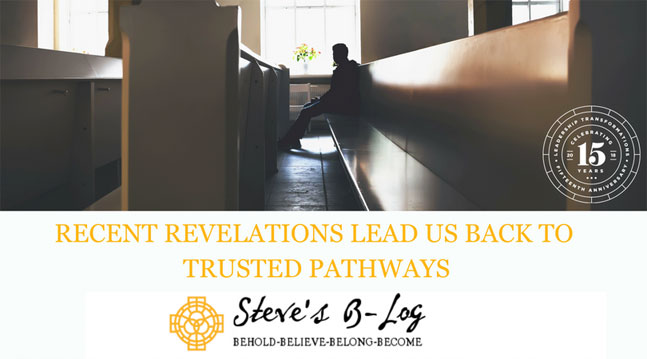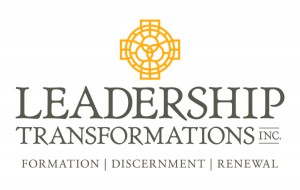
The recent news from our dear friends at Willow Creek is daunting to say the least. Who’d have thought we’d be dealing with the #MeToo movement in the church, never mind one of the country’s finest? But, we are facing this new reality and it shouldn’t really be too shocking…the church is filled with pastors and leaders who are broken and in need of wholeness. And, although we are discouraged by these recent revelations, there are indeed ancient pathways leaders and teams can follow to ward against a leader’s ethical or moral implosion.
Recently I was interviewed by a leader at ECFA (Evangelical Council for Financial Accountability) about what I would suggest to church leadership teams when it comes to appropriate accountability for pastors. Almost immediately the following suggestions came to mind:
- Ensure that the pastor has both a day off and a Sabbath each week. For whatever reason, pastors think they need to be available 24/7, but that leads to burn out. And, without both a day off (to do chores, errands, work around the house, pay bills, exercise, time with spouse and kids, etc.) and a Sabbath, these inevitably get combined…to the detriment of the soul. Sabbath is the “turn key” to the deeper life…without it, one grows stale, dry, and out of touch with the depth and joy of a walk with God. And, without Sabbath one gets lulled into forgetting there is only one God and it’s not them.
- Ensure that the pastor is HOME more nights in the week than OUT for church meetings, etc. This “rule of thumb” has been effective over and over again. Marriage and family life is central to the effectiveness of each and every pastor, married or single.
- Ensure that the pastor takes his/her full vacation time each year…uninterrupted. Personal time and rest, recreation and renewal are key to the pastor’s health.
- Ensure that the pastor has friends…both inside and outside the church…and takes time to cultivate healthy, honest, life-giving friendships.
- Ensure that the pastor has daily time in the Word, prayer and reflection…and, ideally, has a spiritual director or coach or mentor to meet with regularly and with whom s/he can entrust the deepest secrets of the soul.
- Ensure that the pastor has agreed to best practices for personal accountability (i.e. the Billy Graham rule of not riding in a car or meeting in a closed off room alone with a person of the opposite sex) and lives out appropriate power dynamics and respect for gender equality and mutuality.
- Ensure that the pastor takes time for his/her soul on retreat, away from the fray of busyness, and finds spacious, uncluttered, unhindered time to rest in God (ideally in a setting conducive to soul care).
- Ensure that the pastor has hobbies and interests outside of the work of the local church. There is “life” to be lived and it’s not all about the “work” of the church.
- Ensure that the pastor knows the difference between self-care (hobbies, recreation, etc.) and soul-care (prayer, reflection, etc.) and pursues both without apology and without replacing either with selfish care, which is destructive to the soul and each of their relationships.
- Ensure that the pastor has a team that pursues the same priorities so there is mutual accountability among staff and lay leaders.
But, even with such safeguards in place, the bottom line is: ensure that the pastor has freedom to tell the truth, regardless of how hard the truth is to voice. The truth will set us free, even when the truth is difficult to absorb. And then, to provide a safe place for forgiveness and reconciliation to occur…without which a pastor can be made to feel like a discarded member of society (and the church), and leaders can become authoritative and dogmatic to the neglect of wisdom, transparency, clarity, compassion, and hope.
Just because leaders claim the name of Christ and seek to honor and serve the Lord with heart, soul, mind and strength, doesn’t mean there aren’t dark and shadow sides of every leader that need to be attended to in a safe, loving, forgiving and prayerful environment. And, when a pastor is “found out” and a sin pattern emerges, it’s incumbent upon the pastor and the leaders who surround him/her to respond swiftly, appropriately, and in a manner befitting Christ, honoring all involved, and handling matters in accordance with biblical and theological, relational and practical intentionality. Even when discipline is required and hard decisions need to be made.
May God continue to be glorified in His Church, especially during these turbulent times for leaders and teams. The enemy of our souls would like nothing more than to destroy the heart of the Church by having us hide behind our sinfulness, shaming, blaming, and finger pointing others, and living with the resultant division that ultimately will occur.
Lord, have mercy on us all. Amen.




